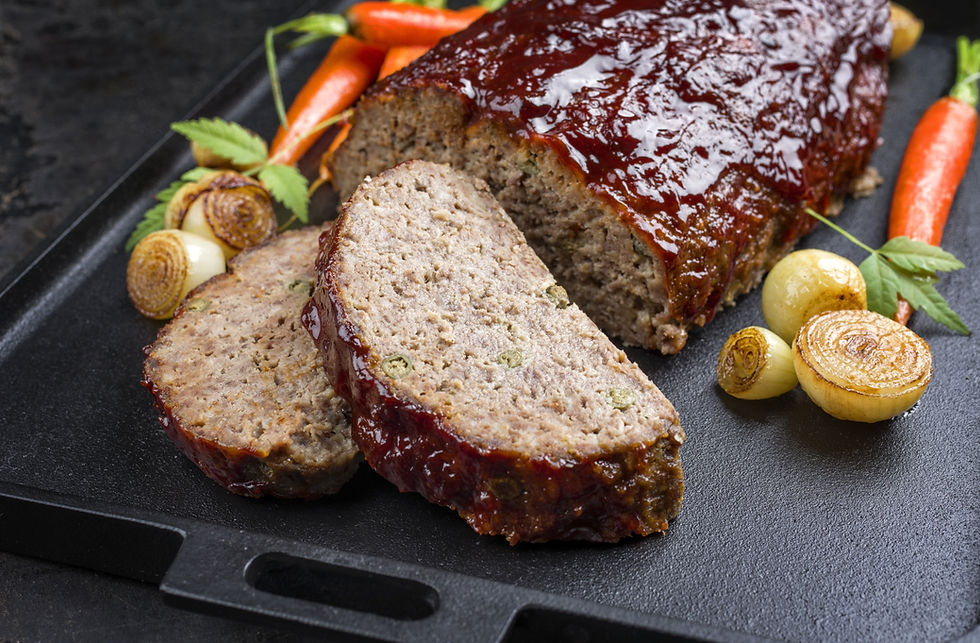Bugs & Biopsies: Protein Alternatives & Health Transparency
- Janelle Lynn
- Nov 19, 2023
- 3 min read
Updated: Nov 21, 2023
In the ever-evolving world of food, new protein sources like insect-based and lab-grown alternatives are making headlines. While these innovations seem exciting, it's essential for us, as consumers, to approach them with caution. This exploration will dive into the potential risks of these alternative proteins, emphasizing the need for transparency and careful consideration.

Insect-Based Proteins: Unraveling the Labels: When you see terms like cricket flour or mealworm protein on packaging, it's not always clear what they mean. For those with allergies, this lack of information can be risky. The names are new to the packaging, but understanding potential health risks is crucial for our safety.
Cricket Flour or Powder (Acheta domesticus):
Mealworm Protein (Tenebrio molitor):
Black Soldier Fly Larvae (Hermetia illucens)
Lab-Grown Meat: From Lab to Cafeteria: The idea of meat grown in a lab might sound like something out of a sci-fi movie. But what about the journey from the lab to your school cafeteria or a local restaurant? How is it labeled, and do we really know what we're eating? These are questions we should be asking as these new proteins hit our plates.
Quick Adoption in Schools and Restaurants: Have you noticed these alternative proteins showing up at school or your favorite restaurants? Why are they not telling us it's already here? The fast adoption without solid research on how they might affect our health is a concern. Are we part of an experiment without knowing it? It's essential to question why these proteins are being embraced so quickly.
The Missing Long-Term Studies: Think about it: What products to we 'try' these days just because we want to wing it, dropping our hard earned money on it willy-nilly We are much smarter consumers these days. The same goes for what we eat. The rush to adopt these alternative proteins is happening faster than scientists can do long-term studies. We need to slow down and make sure we're not risking our health.
Be Your Own Food Detective: What can you do? Be your own food detective! Just don't buy it. Second, demand clear labels that tell you what's in your food. Food Sovereignty is the right to choose and be informed. If you have allergies or health concerns, don't be afraid to ask questions. The more we know about what we eat, the better choices we can make for our health.

Our well-being is paramount, and as informed consumers, we hold the power to make choices that align with our best interests. Whether it's the milk & dairy, or the still familiar taste of chicken, beef, and seafood on our plates, we should be curious about what we're consuming. And now, with the emergence of alternative proteins like insect-based options, the need for questioning becomes even more crucial.
Explore these new frontiers in food, let's ask questions and demand clear answers. Are the traditional proteins we grew up with still the best choices for our health? How do these alternatives measure up? The rush to embrace new protein sources, including insect-based options, is happening swiftly, but our health deserves careful consideration.
Get local and support your local farmers. They are not only an excellent and preferred source for our fruits, vegetables and more, but natural humanly raised chicken, beef and yes, even wild caught seafood can be available directly to you.

So, let's be the guardians of our well-being, gather information, and ensure that we're aware of the significant changes happening in our society, particularly when it comes to what we put on our plates. After all, these transformations are occurring during our watch, and being vigilant consumers is the key to navigating this ever-evolving food landscape.







Comments